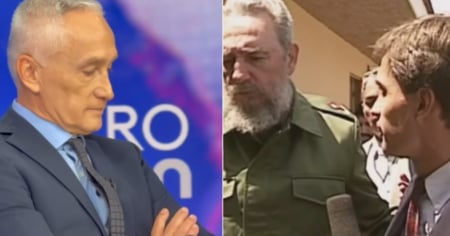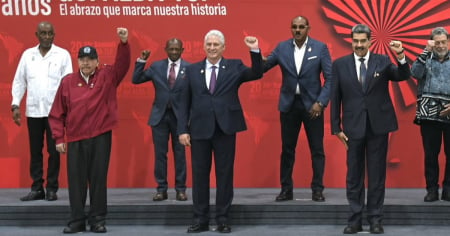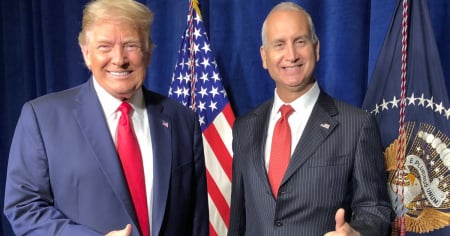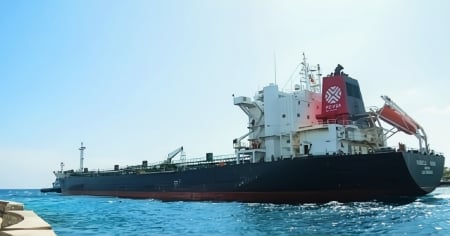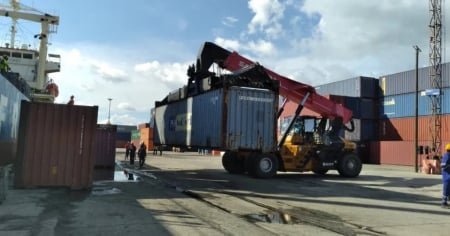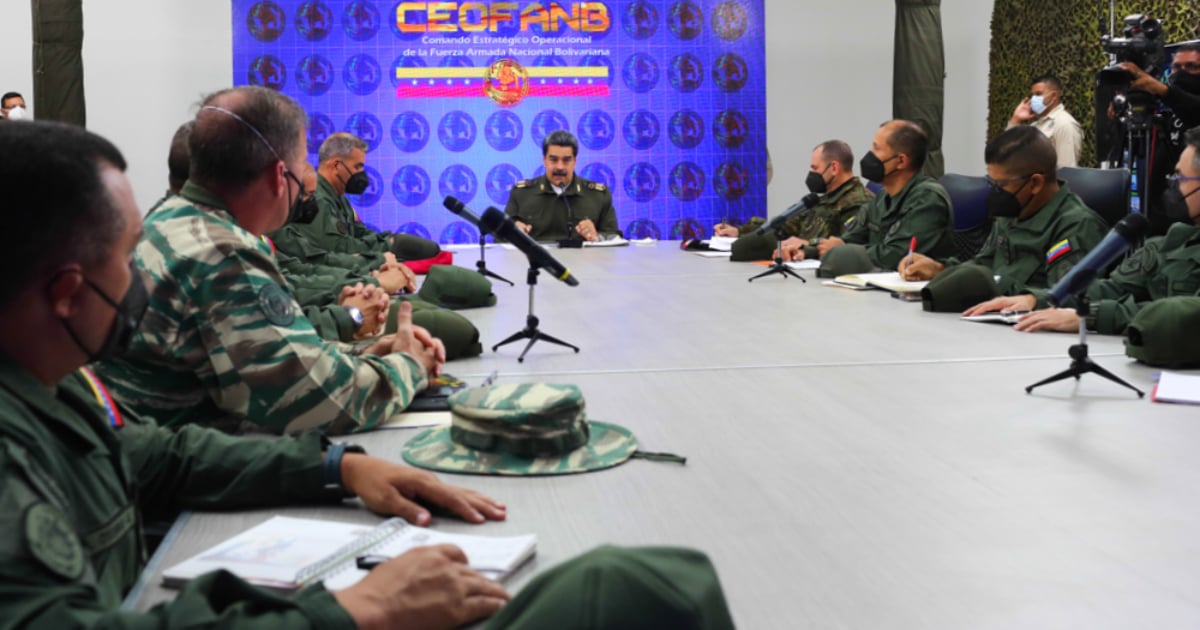
Related videos:
Repression in Venezuela escalated alarmingly in the context of the presidential elections held on July 28, according to a report published this Tuesday by the UN Independent International Mission.
The 158-page document accuses Nicolás Maduro's regime of committing crimes against humanity before, during, and after the elections, with the aim of declaring himself the victor of a fraudulent election that, by all accounts, was won by the opposition.
Turning his back on reality and determined to use all violent means at his disposal to prevent regime change in Venezuela, Maduro and his associates unleashed a wave of terror that has resulted in thousands of victims of torture, arbitrary detentions, and disappearances.
Determined to disregard the popular will that elected Edmundo González Urrutia as president, with the backing of opposition leader María Corina Machado, the power usurper and puppet of Havana insists he will reclaim the presidency on January 10, 2025, despite national and international opposition.
In these nearly three months, the international community has unsuccessfully sought a negotiated solution that would lead to the exit from power of Maduro and other Chávez-era leaders, according to El País.
However, internal tensions within chavismo appear to be escalating, particularly after Maduro dismissed the heads of both the civil intelligence branch, the Bolivarian National Intelligence Service (SEBIN), and the military branch, the General Directorate of Military Counterintelligence (DGCIM).
This movement surprised even the supporters of the government, who see these changes as a sign of a rift within the Chavista leadership, especially following the recent appointment of Diosdado Cabello as Minister of Interior Relations, Justice, and Peace.
The electoral defeat of chavismo has revealed a series of problems that the regime failed to foresee or manage. The lack of an alternative plan in the event of a defeat worsened the situation, exposing electoral fraud, which is widely evident according to the UN.
Repression and internal fractures
The UN report focuses on the brutal repression unleashed by Venezuelan security forces following the elections, with 25 confirmed fatalities, hundreds injured, and thousands detained for exercising their right to freedom of expression.
The Bolivarian National Police (PNB), the Bolivarian National Guard (GNB), along with SEBIN and DGCIM, have been accused of committing torture, murders, rapes, and forced disappearances, particularly against members of the opposition party, as well as ordinary citizens who expressed their dissatisfaction with the results.
The UN had already published a preliminary report a month ago that anticipated these findings. However, this new document emphasizes that the repression was not an isolated phenomenon that occurred after the voting, but rather was planned prior to the start of the electoral campaign.
In the weeks leading up to the election, opponents were already being persecuted, international observers were rejected and discredited, and security forces committed abuses that further tainted the transparency of the electoral process.
The report also highlights the increasing tensions within chavismo. One of the most notable episodes was the public reprimand of the Minister of Foreign Affairs, Yván Gil, directed at the nation's prosecutor, Tarek William Saab.
The latter, a key ally of the regime since the days of Hugo Chávez, had accused Brazilian President Luiz Inácio Lula da Silva of being manipulated by the CIA. However, Gil distanced the government from those statements, asserting that Saab was speaking "in a personal capacity."
These types of public confrontations are unusual within Chavista ranks and reflect internal disagreements following the electoral defeat.
Systematic persecution
The persecution in Venezuela has reached alarming levels. The UN Mission revealed that many of the arrests were made without a court order and based on vague accusations, such as terrorism-related offenses, which hinder the detainees' ability to mount an adequate defense.
The lack of due process is widespread, with hearings held without chosen lawyers and at inconvenient times. Additionally, the report denounces that the homes of individuals perceived as opponents have been marked with an "X" to facilitate their identification and subsequent repression.
A particularly concerning phenomenon highlighted by the report is the detention of minors. The UN has documented the detention of 158 children during or after the protests, some of whom are accused of serious crimes such as terrorism.
This constitutes a flagrant violation of human rights and has been vehemently condemned by the international community.
Conclusions of the report
The UN report reinforces the notion that Maduro’s regime has not only manipulated elections but has also intensified repression to remain in power at all costs.
The international community, despite its efforts, has not yet succeeded in curbing this authoritarian escalation or in finding a solution that would allow Venezuela to regain its democracy and emerge from international isolation.
The dismissal of the intelligence chiefs and the fractures within chavismo are signs that the regime is facing significant internal tensions.
However, repression remains the government’s primary tool to suppress dissent, placing Venezuela in an increasingly critical situation and creating uncertainty regarding the immediate future.
Crimes against humanity
Crimes against humanity are a category of serious offenses that are considered to be of such magnitude that they impact humanity as a whole.
Due to their seriousness, prosecution and punishment are not solely dependent on national judicial systems; they can also be addressed by international courts.
The International Criminal Court (ICC) is the principal tribunal responsible for prosecuting crimes against humanity, as well as war crimes, genocide, and crimes of aggression.
The ICC can prosecute crimes against humanity committed on the territory of a state party to the Rome Statute or by citizens of those countries. Additionally, the United Nations Security Council can refer cases to the ICC, even if the crimes were committed in countries that are not parties to the Statute.
The Court investigates and prosecutes individuals, not states, which means that direct responsible parties, such as political and military leaders, can be brought before the court. Investigations can be initiated on its own accord, through reports from member states, or via the UN Security Council.
The ICC can impose prison sentences of up to 30 years or life imprisonment, depending on the severity of the crimes. It does not provide for the death penalty. In addition to imprisonment, the court can order reparations to the victims.
Despite the available mechanisms, conducting trials for crimes against humanity can be a complicated process.
Often, the perpetrators are powerful individuals with control over governments or armies, which makes it difficult to apprehend them and transfer them to the ICC or other courts. Furthermore, many countries have not ratified the Rome Statute, which limits the ICC's ability to act in certain contexts.
Venezuela and the International Criminal Court
Venezuela ratified the Rome Statute on June 7, 2000, becoming a state party to the International Criminal Court. This means that, in principle, serious crimes committed on Venezuelan territory, including crimes against humanity, can be investigated and prosecuted by the ICC, provided that certain criteria are met.
In fact, in 2018, the ICC opened a preliminary examination into possible crimes against humanity committed in Venezuela since 2014, in the context of the protests and the repression against opponents of Nicolás Maduro's government.
This preliminary examination has been expanded in subsequent years to encompass other events related to the humanitarian and political crisis in the country.
Filed under:

